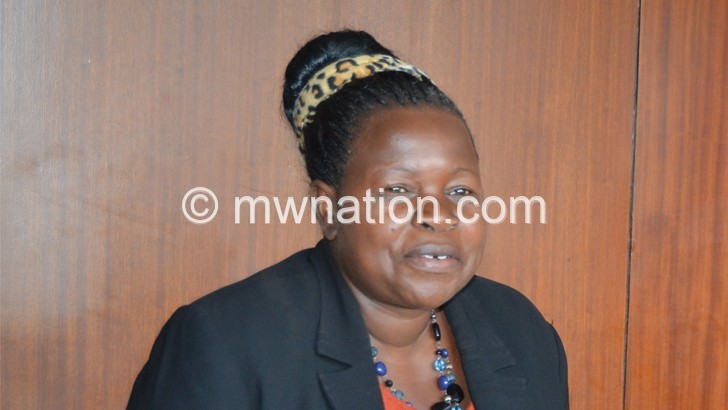The World Bank says rising interest rates and debt financing and borrowing are increasingly reducing fiscal space for development spending in the process affecting economic growth of the country.
In its June 2023 Global Economic Prospects published recently, the multilateral bank said rising interest rates have compounded the deterioration of the country’s ability to spend over the past decade as public debt now averages about 70 percent of the gross domestic product (GDP).
In a statement accompanying the report, World Bank deputy chief economist Ayhan Kose observed that interest payments are eating up a rising share of limited government revenues, a situation which has put Malawi and other low-income countries in a vulnerable situation.
Said Kose: “Low income countries are struggling to cope with weak growth, persistently high interest rates and record debt levels.
“Nonetheless, new hazards such as the possibility of more widespread spillovers from renewed financial stress could make matters even worse for them which requires policy makers to act promptly to prevent financial contagion and reduce near-term domestic vulnerabilities.”
The Bank has urged the country, which has been categorised among the countries with large development needs and shrinking grant finance, to prioritise a combination of policies including domestic revenue mobilisation, improved spending efficiency and structural interventions to generate stronger growth.
According to the Bank, these measures need to be embedded in domestic reforms to improve institutional frameworks and need to be supported by well-coordinated policies to improve fiscal management.
Presently, Malawi’s public debt stands at K7.9 trillion as at December 2022, up from K7.3 trillion in September 2022. Of the debt, K4.43 trillion is domestic, which is 114 percent of the total budget while K3.47 trillion is external, an equivalent of 90 percent of the total budget.
Meanwhile, the Ministry of Finance and Economic Affairs has admitted that rising debt is a cause for concern, saying it wants to improve existing vulnerabilities of the country’s debt portfolio by diversifying its external sources of financing.
In its recently adopted five-year Medium-Term Debt Management Strategy, Minister of Finance and Economic Affairs Sosten Gwengwe said through the strategy, the government is committed to improving debt management.
He said prudent debt management has taken centre stage because it is key to governments’ ability to achieve fiscal sustainability and build resilience to withstand external shocks and contribute to macroeconomic stability necessary for long-term economic growth.
Said Gwengwe: “The strategy outlines the government’s plans to achieve the optimal debt portfolio, grounded in a ranking of the cost and risk trade-offs of alternative debt management strategies.
“Government is committed to reducing funding requirements and the level of debt accumulation which will consequently bring debt back to a moderate risk of debt distress.”
The post World bank tips on Interest rates, debt first appeared on The Nation Online.
 Moni Malawi
Moni Malawi 

